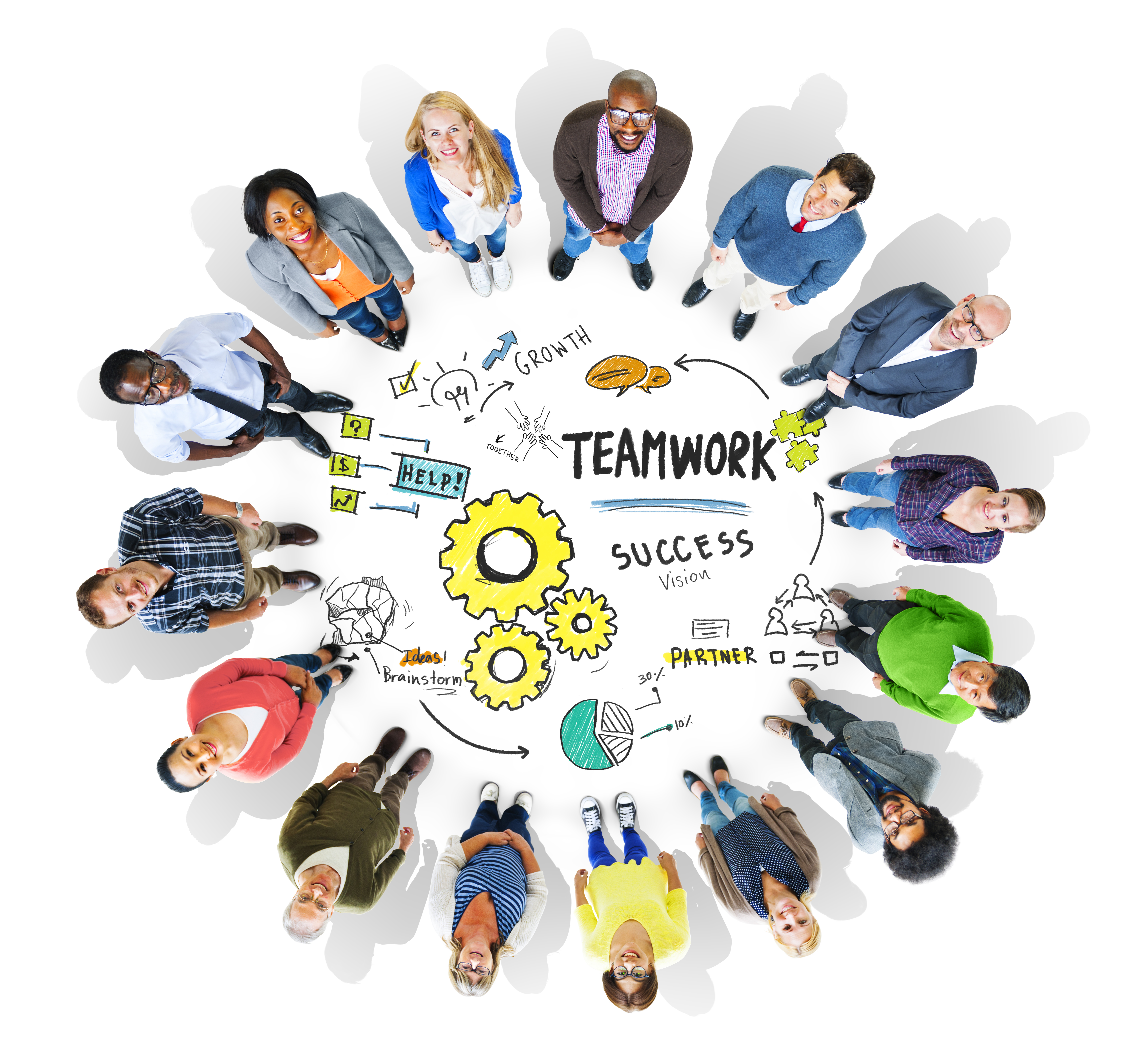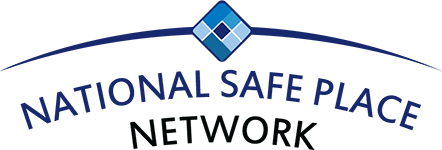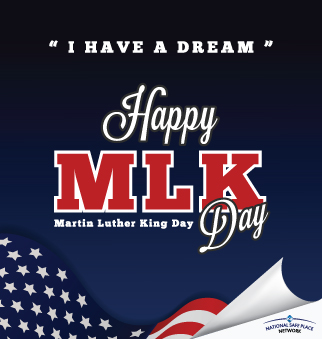NSPN Accepts Nominations for National Advisory Board
National Safe Place Network (NSPN) is accepting nominations for the Network's National Advisory Board. These volunteer positions are critical to helping NSPN create awareness, expand services, and provide leadership to work toward our vision - a world in which all youth are safe. NSPN members and licensed Safe Place agencies will select participants of the NSPN Advisory Board via a national vote. If you or someone you know meets the following criteria - we encourage you to submit a nomination form. Together we can make a positive difference in the lives of youth.
NSPN is seeking Advisory Board participants who:
- Are passionate about meeting the needs of youth and families;
- Have innovative ideas;
- Want to enhance our national collaboration for youth;
- Can commit to participate in committee activities via teleconference and e-mail; and,
- Can commit to attend 2 national meetings per year.
Advisory Board members serve on a committee and commit to participate in activities related to one or more task areas within the committee. The committees include Expansion, Marketing and Communications, and Leadership.
Expansion
The Expansion committee is tasked with contributions toward increasing the footprint of NSPN and its programs. Focus is on broad based efforts to grow the Network and to expand the impact of NSPN initiatives.
Task areas:
- Membership - Delivery and development of services and products locally and nationally
- Safe Place - Creating new models and methods of connecting with all youth so no matter where the youth turns, help is available
- Service Partnerships - Identification and recruitment of like-minded organizations to share ideas, resources, and activities for quality service delivery
Staff support: April Carthorn and Susan Harmon
Marketing and Communications
The Marketing and Communications committee is tasked with increasing the brand awareness and understanding of NSPN programs and services. Raises awareness through targeted media outlets and engage at local, state, and national levels to ensure youth safety.
Task areas:
- Develop marketing tools/templates—capacity building for agencies
- Target various audiences for messaging related to NSPN programs
- Website review and social media feedback
Staff Support: Hillary Ladig and Elizabeth Smith Miller
Leadership
The Leadership committee is tasked with increasing the strategic position and national impact of NSPN as a leader in the field of youth and family services.
Task areas:
- Advocacy issues as related to national policy
- Research and issue brief efforts
- Evidence-based and evidence-informed efforts to include national registry
- National partnerships in the development of new initiatives (human trafficking, suicide prevention, etc.)
Staff Support: Shauna Brooks and Tammy Hopper
*Please note: The Leadership committee is full for the 2017/2018 service year. Please consider the Marketing and Communication or the Expansion Committee. If you would like to discuss which committee might be the best fit, please contact NSPN at [email protected].
If you're interested in serving on the NSPN Advisory Board but do not have support from your agency or employer for travel costs, you may also wish to consider sharing your expertise by joining an ad-hoc committee for a specific project. If you'd like to be considered as an ad-hoc committee member, please let us know at [email protected].
Please click here to access the 2017 NSPN Advisory Board Nomination form: http://bit.ly/2pytNB1
Nominations must be submitted no later than Friday, May 12, 2017.
For more information, reach out to [email protected] with the subject line "NSPN Advisory Board."
To view a list of current NSPN Advisory Board participants, please click here: http://www.nspnetwork.org/advisory-board

|







